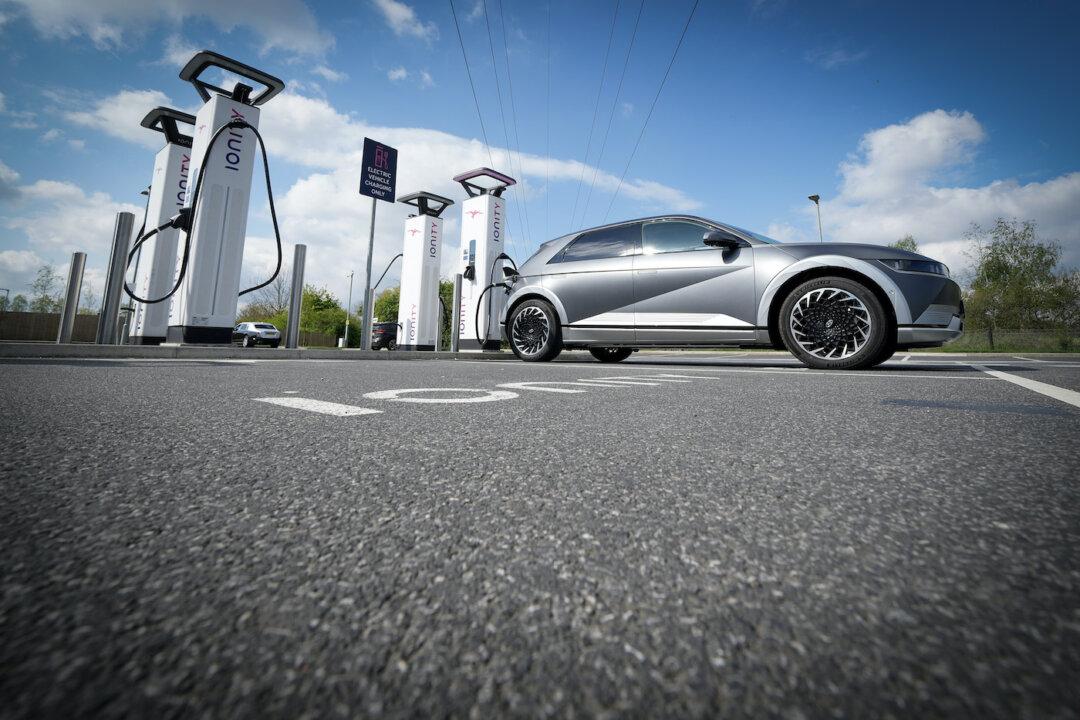Widespread support for changes that could lower the price and increase the supply of electric vehicles has been outlined in hundreds of responses to the federal government’s National Electric Vehicle Strategy.
More than 440 submissions to the consultation paper were published on Friday, also revealing calls for more local production of lithium batteries, electric buses and trucks.





